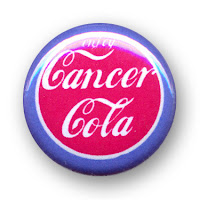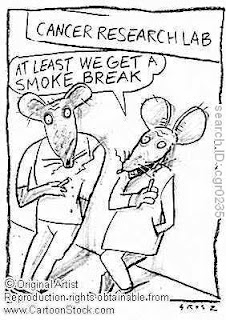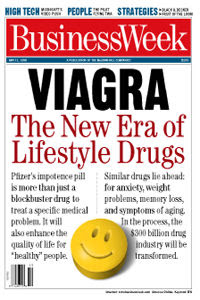 No secret that I am anti-soft drinks. Funny because I am not much anti-anything, believe it or not. But I don’t like sodas–not for me, not for my children, and not for others. It’s garbage. Liquid sugar. No nutritional value whatsoever. Ten teaspoons of sugar per can…need I go on?
No secret that I am anti-soft drinks. Funny because I am not much anti-anything, believe it or not. But I don’t like sodas–not for me, not for my children, and not for others. It’s garbage. Liquid sugar. No nutritional value whatsoever. Ten teaspoons of sugar per can…need I go on?
Well, it appears as if Coke and Pepsi also contain a cancer causing ingredient, one that I know at least I was unaware of, called 4-methylimidazole (4-MEI), a major component of the caramel coloring the sodas sports.
According to recent statements, Coca-Cola and PepsiCo have decided to lower the amount of 4-MEI in their soft drinks to comply with California standards that relate to findings that high levels of the chemical are shown to cause cancer in laboratory rats. Nice.
 Not that either company actually cares about the health and safety of their customers, but they would have had to place a warning label on their liquid sugar product which discloses that it contains a known carcinogen. And what do you think that might have done to sales?
Not that either company actually cares about the health and safety of their customers, but they would have had to place a warning label on their liquid sugar product which discloses that it contains a known carcinogen. And what do you think that might have done to sales?
Both companies are probably resting assuredly that very few of their addicted consumers will ever find out about the cancer causing agent that has been a part of their drinks for decades. Indeed both companies assure shareholders that the changes will go unnoticed by addicts (and those not reading this blog).
“We are NOT changing our recipe; or our formula,” Coca-Cola Company spokesman Ben Sheidler told AFP in an email. No just the toxic coloring. Bravo liquid sugar manufacturers.
“What we did do is direct our caramel suppliers to make a manufacturing process modification in order to reduce the level of 4-MEI in our caramel so as to meet the requirement set by the state of California’s Proposition 65.”
 California voters passed Proposition 65 in 1986, and the law aims to protect state residents from “chemicals known to cause cancer, birth defects or other reproductive harm, and to inform citizens about exposures to such chemicals.” 4-MEI was listed as a known carcinogen under Prop 65 in 2011.
California voters passed Proposition 65 in 1986, and the law aims to protect state residents from “chemicals known to cause cancer, birth defects or other reproductive harm, and to inform citizens about exposures to such chemicals.” 4-MEI was listed as a known carcinogen under Prop 65 in 2011.













